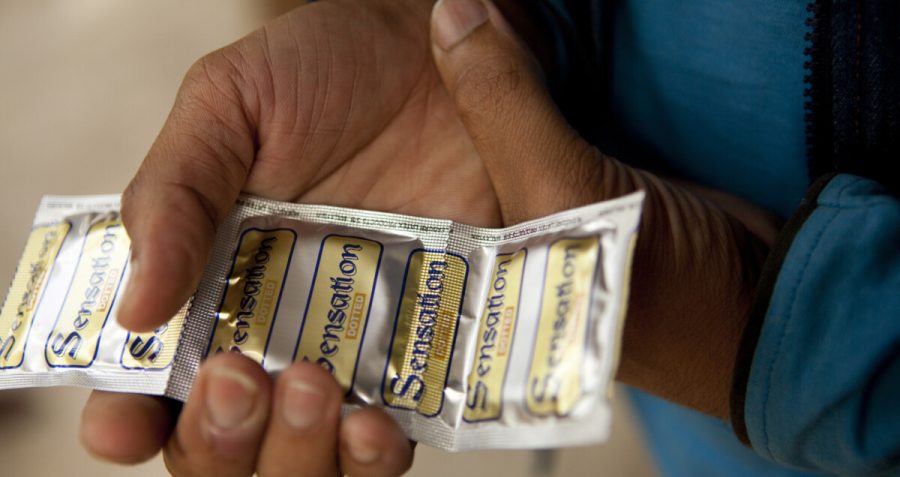Free SRH commodities in campus vending machines

Key information
- Organisation: National Aids Convention of South Africa (NACOSA)
- Country: South Africa
- Region: Eastern and Southern Africa
- Stage of innovation: Stage 3: Pilot
- Type of innovation: Service delivery innovation: new or different way of providing a service
- Budget: 8,140 USD for each machine (11 machines in total)
- Funder: Global Fund
Summary of intervention
For adolescent girls and young women (AGYW) attending Technical Vocational Education (TVET) colleges in South Africa, accessing sexual and reproductive health (SRH) commodities traditionally involves taking a day off from class to visit a health facility. This results in a cost both financially and in missed classes.
NACOSA has developed a novel solution to promote access to SRH commodities among these young students, mostly from disadvantaged backgrounds. Vending machines dispensing male and female condoms, lubricants, dental dams, finger cots, pregnancy tests and sanitary towels have been placed in 11 TVET colleges. Now, instead of spending time travelling to a clinic, young people can access free SRH commodities from vending machines.
NACOSA also carried out campus-based awareness campaigns to create demand for the commodities and SRH services. This served as an essential incentive to enrol adolescent girls and young women in the programme and to reach them with core services. Based on campus, the HIGHER HEALTH peer group trainers are responsible for monitoring and managing the machines. This initiative has resulted in improved access and uptake of SRH commodities and services, particularly in rural settings.
learnings
The process of procuring the vending machines and commodities, establishing networking points in rural campuses, and software integration took time. Maintaining the units and restocking the commodities are crucial to success and a good return on investment. Campus Managers report that they appreciate the service as it has reduced learner absence. Therefore, they are also supporting the logistics, e.g., installation of network points, allowing the machines to be installed in a central but safe place on the campuses, and permitting demand creation for the service. With their support, NACOSA will need to approach the Department of Higher Education and Department of Health to financially support the roll-out of this innovation, its maintenance and commodity stocking in other TVETS and universities.
next steps
NACOSA will consult with the District Department of Health regarding adding HIV self-screening test kits to the vending machines to improve access to HIV testing. NACOSA also needs to conduct an evaluation of the usability and benefit of the machines, as well as survey the AGYW in terms of the acceptability of the intervention to access vital commodities in this way.

